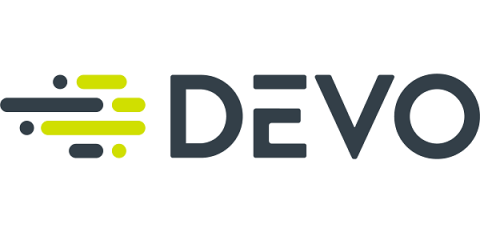Top Three Devo Cybersecurity Predictions for 2021
For any organization that felt prepared, with their operations well-planned as they headed into 2020, that feeling disappeared quickly. 2020 became the year of the unexpected, forcing organizations to adapt, repeatedly. Looking ahead to 2021, companies of all types and sizes are working to be as prepared, agile, and adaptable as possible. This is certainly true when it comes to building or restructuring an organization’s cybersecurity posture.











